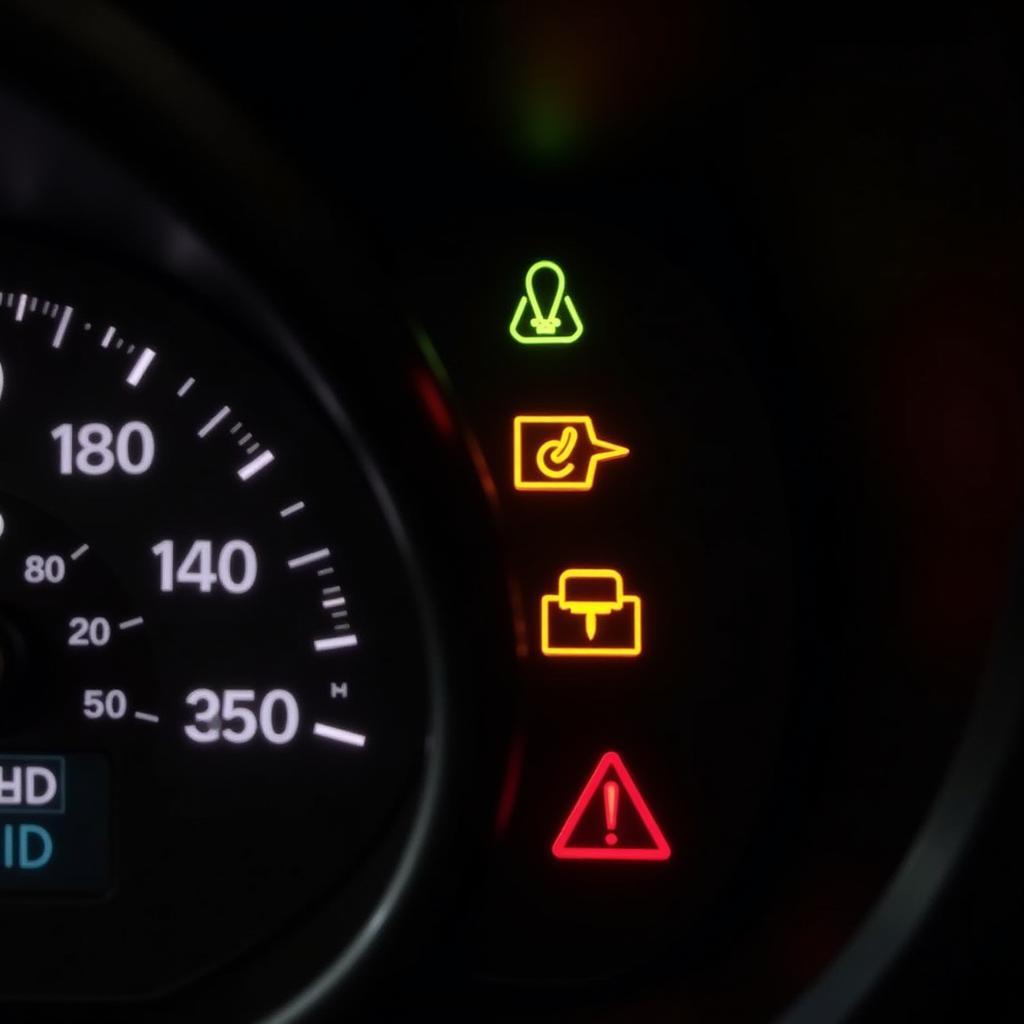How Often Does Your Car Need a Service?
Owning a car comes with responsibilities, and regular servicing is one of the most important. But how often does your car actually need a service? While the answer isn’t always straightforward, this comprehensive guide will equip you with the knowledge to keep your car running smoothly for years to come.
Decoding Your Car’s Service Schedule
The frequency of car servicing depends on several factors, including:
- Manufacturer Recommendations: Your car’s owner’s manual is your go-to resource. It outlines a specific maintenance schedule based on mileage and time intervals.
- Driving Conditions: Frequent city driving, stop-and-go traffic, and extreme weather conditions can put extra strain on your car, requiring more frequent servicing.
- Vehicle Age: As cars age, their components wear down, making regular servicing even more crucial for optimal performance and safety.
Traditional vs. Modern Service Intervals
Gone are the days of rigid 3,000-mile oil changes. Today’s cars are built with advanced technology and synthetic oils, allowing for longer service intervals. However, some manufacturers still recommend more frequent service checks for specific components.
Pro Tip: Don’t solely rely on mileage. Time also plays a role. If you haven’t reached the recommended mileage but it’s been a year since your last service, it’s time for a checkup.
Key Indicators Your Car Needs a Service
Besides scheduled maintenance, your car will often give you telltale signs that it’s time for a service. Look out for:
- Warning Lights: Don’t ignore those dashboard lights! They are your car’s way of communicating potential issues.
- Unusual Noises: Squealing brakes, grinding gears, or knocking sounds warrant immediate attention.
- Fluid Leaks: Unexplained puddles under your car could signal a fluid leak, which could lead to more severe problems if left unchecked.
- Performance Issues: Reduced fuel efficiency, sluggish acceleration, or difficulty starting are often signs of underlying mechanical issues.
 Car Dashboard Warning Lights
Car Dashboard Warning Lights
What Does a Car Service Entail?
A car service is more than just an oil change. It typically involves a comprehensive inspection and maintenance of various components, including:
- Engine Oil and Filter Change: Essential for lubrication and engine longevity.
- Fluid Top-Ups: Maintaining proper fluid levels in brakes, coolant, transmission, and power steering systems.
- Brake Inspection and Service: Ensuring optimal braking performance and safety.
- Tire Rotation and Pressure Check: Promoting even tire wear and fuel efficiency.
- Battery Check: Verifying battery health and charging system functionality.
For a deeper dive into what a car service entails, check out Is a car service just an oil change?.
The Benefits of Regular Car Servicing
Investing in regular car servicing offers numerous benefits:
- Enhanced Safety: Regular inspections and maintenance ensure all safety-critical components are in optimal working order.
- Improved Performance: A well-maintained car performs better, offering smoother handling, better fuel efficiency, and a more enjoyable driving experience.
- Increased Lifespan: Regular servicing can significantly extend the life of your car, saving you money on costly repairs down the line.
- Higher Resale Value: A well-documented service history can boost your car’s resale value.
Don’t Delay, Schedule Your Car Service Today!
Remember, regular car servicing is an investment, not an expense. By adhering to the recommended maintenance schedule and addressing any issues promptly, you can enjoy peace of mind knowing your car is safe, reliable, and performing at its best.
Need help determining your car’s service needs? Check out our guide on How regularly should you service your car for more detailed information.
If you’re unsure about your car’s service history or notice any unusual signs, don’t hesitate to consult a qualified mechanic. They can provide a thorough inspection and recommend the appropriate service based on your car’s specific needs.

